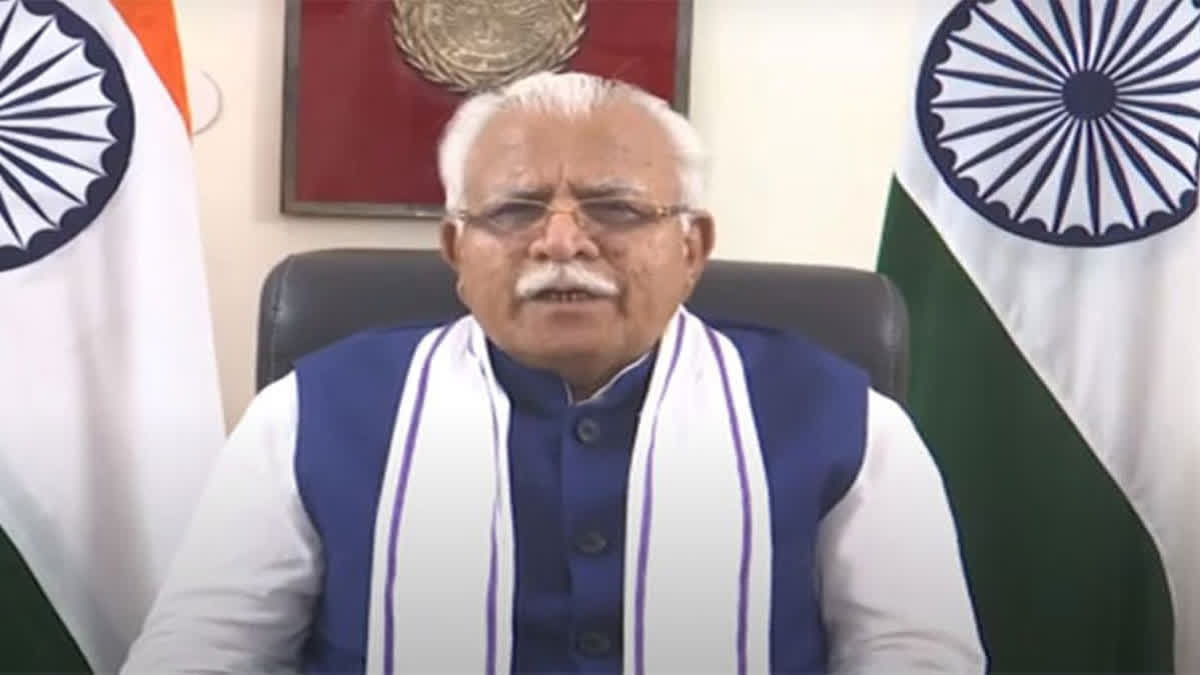Chandigarh: In a decision aimed at providing relief to rural households, the Haryana cabinet on Wednesday approved to waiving off outstanding water charges, including surcharge and interest, amounting to Rs 374.28 crore. This decision will extend relief to a substantial 28.87 lakh water connection holders in rural areas across the state, an official statement said.
The cabinet meeting was chaired by Chief Minister Manohar Lal Khattar. However, this waiver does not extend to institutional, commercial or industrial consumers falling under the Public Health Engineering Department, the statement said. The cabinet has approved the waiver of water charges amounting to Rs 336.35 crore, accumulated from April 1, 2015, to December 31, 2022, for all types of consumers in villages and rural areas. This encompasses the general category as well as the Scheduled Castes categories, it said.
"In addition, the cabinet has accorded approval for the waiver of surcharge and interest totaling Rs 37.93 crore on water charges accumulated from April 1, 2015, to December 31, 2023, in villages and rural areas," it said. "This decision reflects the government's proactive approach to alleviate the financial burden on rural households, ensuring equitable access to essential resources," it further said. In another decision, the cabinet gave a nod to the policy on the development of eco-tourism in the state. This policy aims to harness the state's rich biodiversity, ecosystems, heritage monuments, and cultural diversity.
This initiative is a key step towards positioning Haryana as a premier eco-tourism destination, offering a harmonious blend of nature, culture, and community engagement, Khattar said. The policy will focus on preserving Haryana's existing biodiversity, ecosystems, heritage monuments, culture, and traditions while promoting traditional ecological knowledge, and heritage values of Haryana's wilderness.
According to the statement, this policy provides opportunities to promote nature tourism, enhance the local economy and promote sustainable use of indigenous materials and also encourage collaboration between local communities, NGOs, academic institutions, private enterprises, and various government departments for holistic eco-tourism development thereby helping such communities become 'Atmanirbhar'.
